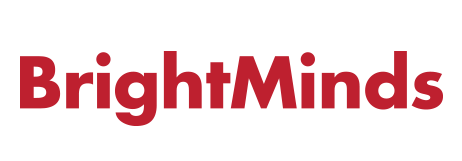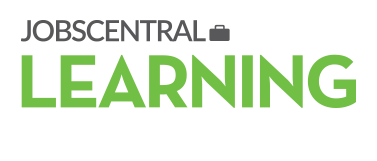What is Employer Branding, and why should you do it? We provide some reasons.
“Employer Branding” is something of a buzzword making the rounds of HR and corporate publications. There are strongly-worded articles about how you absolutely must start building up your LinkedIN presence and getting a social network campaign going, and some equally stalwart pundits who insist that all that can wait.
So should it be the next thing on your agenda, or are you better off putting it on the backburner? As we cope with the effects of the pandemic, employer branding has taken a backseat for most. But is that the way to go?
Simply put, no. In the increasingly competitive job market, a positive employer brand is critical to hiring and retaining the right talent.
To start with, what is employer branding?
Employer branding is defined as a company’s ability to differentiate and promote its own identity to a defined group of candidates that they’re interested in hiring. Similar to branding for marketing purposes, employer branding is part of the talent attraction formula – marketing your organisation as an employer to the talent you want to attract.
Why should my organisation invest in employer branding?
Actually, even if you don’t invest in it, applicants and HR professionals are already forming impressions of you as an employer. They look you up on LinkedIN and Facebook, they connect with you as consumers, they listen to their friends about your organisation… and all this creates an impression of you.
That impression matters a great deal, often influencing application decisions. Randstad has found that companies with positive brands get twice as many job applications, while 50% of candidates would not work for a company with a bad reputation despite a higher salary.
So, how do I enhance my employer brand?
There are several ways that are used singly or in concert to create a strong, positive employer brand impression. They include:
1. A definite Employer Value Proposition (EVP)
An employer value proposition encompasses an organisation’s mission, values, and culture. Essentially, it is the reason someone should want to work for you. An organisation benefits from a well-designed EVP, communicated often to both potential and current employees.
If you don’t know where to start, a good idea is to interview your employees and form an EVP based on their feedback. Also, remember that an EVP is not simply a list of employee benefits, but focuses on what makes your company special and attractive.
2. Proactive engagement towards reviews and feedback
Many applicants today use review sites like Glassdoor or check out a potential employer’s Facebook page. And obviously, they would turn away if they see something negative, or criticism from existing employees.
Respond by answering all feedback on such platforms, and encourage your employees and affiliates to write on them too. This will create a balanced profile of your organisation as an employer.
3. Promoting work culture in job descriptions
Job postings are a good place to start showcasing what you are like as an employer. Avoid stagnant, copy-pasted job postings and instead, use the space as an opportunity to showcase your work culture.
This is especially true for SMEs, whose job postings tend to be more informal and engaging. This is deliberate – the company is showcasing how it is a fast-paced, informal, go-getting environment and hoping to attract likeminded individuals as applicants.
4. Nurturing employees as brand ambassadors
Encourage your employees to engage and “spread the word”. You can offer perks for writing and responding to reviews, or simply showcase your work culture on social networks.
We recommend building an authentic brand image with a tool like SocialReferral. SocialReferral is an SNS for companies, which provides a platform for employees to share content, engage with each other, and in doing so author an authentic company story. You can host hashtag challenges, provide incentives, and promote an existing referral plan. It also boosts employee referral schemes, as existing employees can more easily recommend and refer people for open positions.
Interested in HR Solutions? Email [email protected] for a demo, or contact your CareerBuilder rep to learn more.





